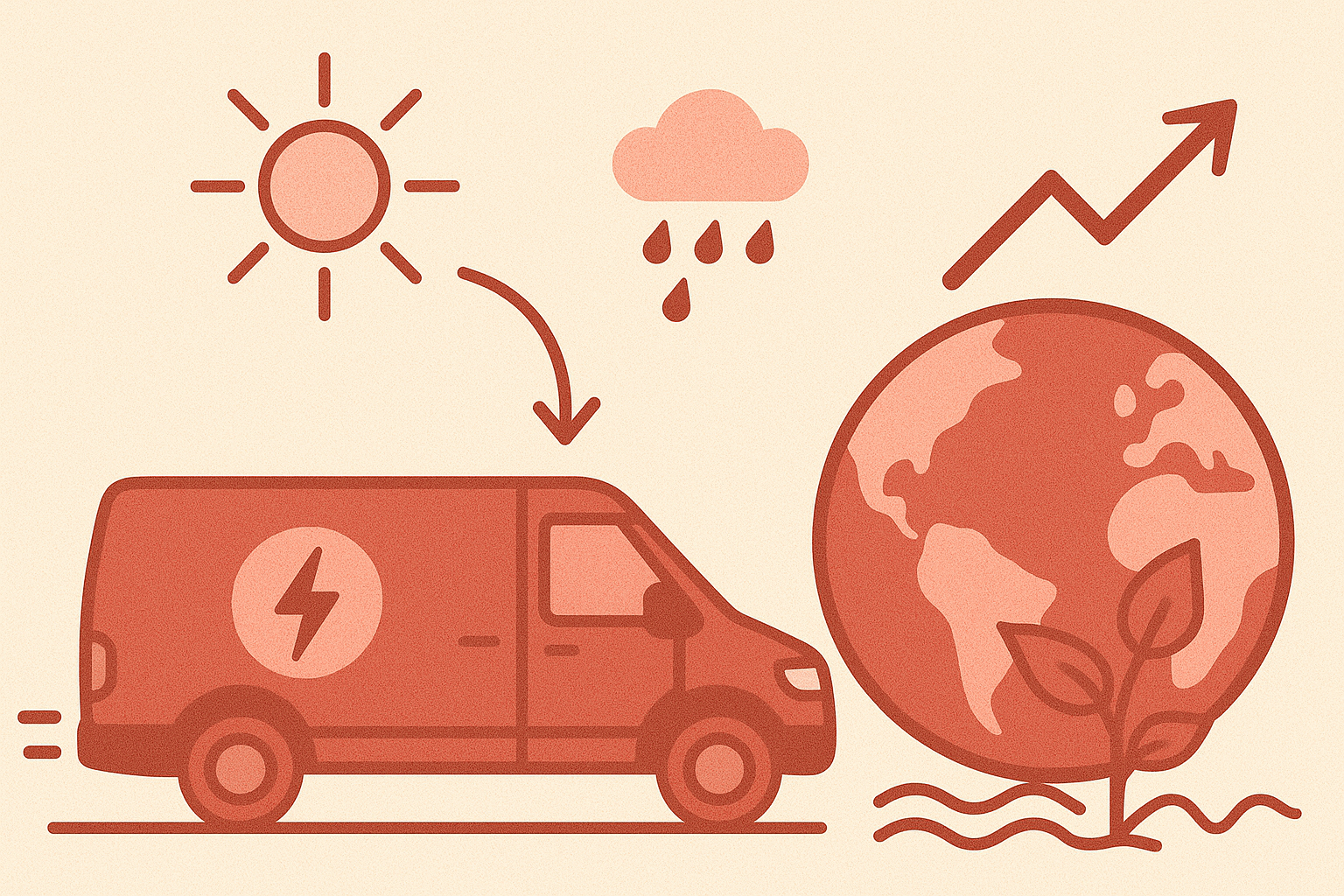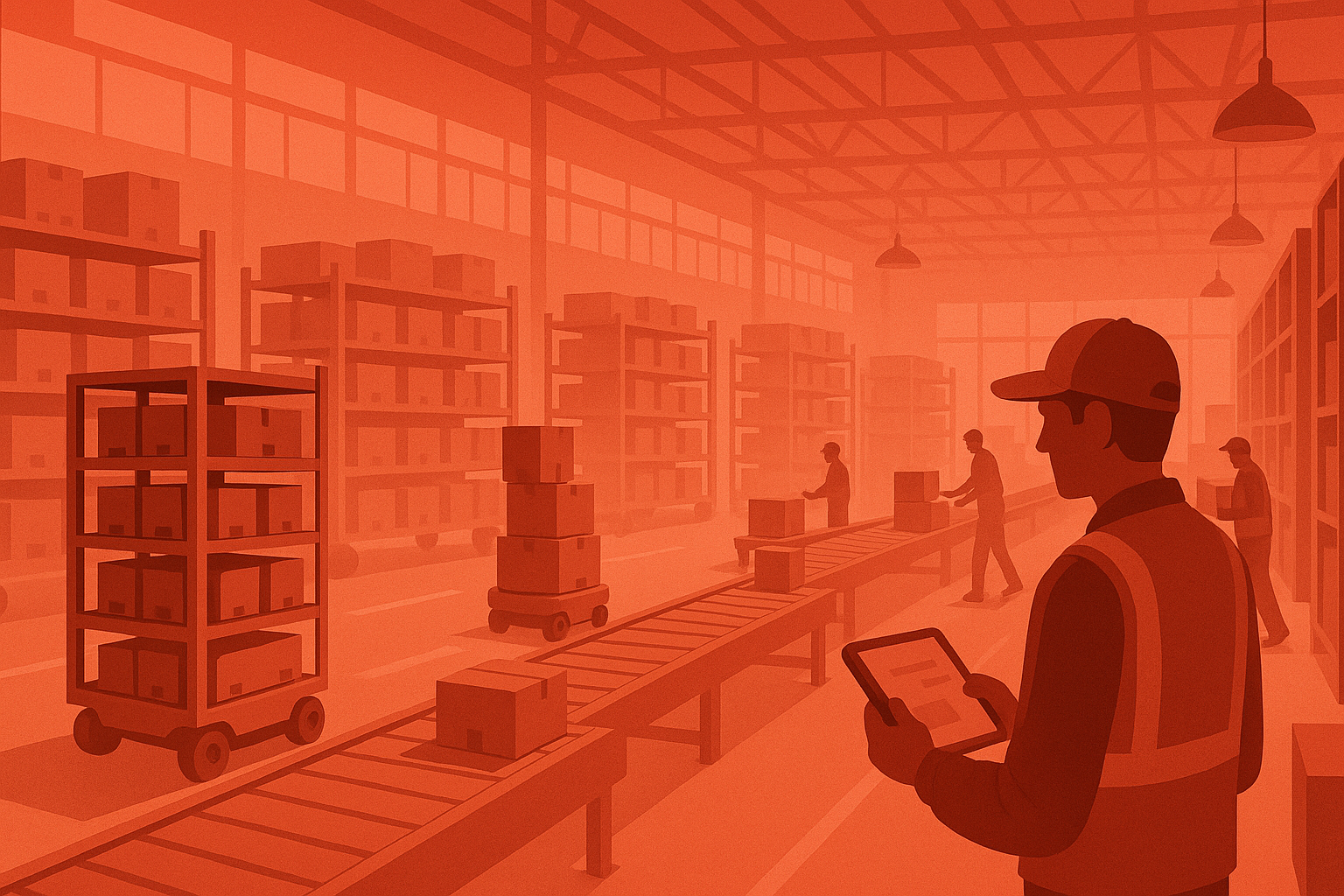Changes to global marketing trends have led to large, multinational businesses to re-evaluate how they manage logistics. It’s becoming increasingly common for organisations to shift from in-house fulfilment models to outsourced third-party logistics (3PL) partners to stay agile, scalable, and competitive.
Whether it’s to meet demand surges, improve operational efficiency, or gain access to advanced technologies, outsourcing logistics to a trusted 3PL solutions partner has become a welcome alternative for the enterprise sector.
Here are eight key reasons why more enterprises are making the shift to outsourced 3PL providers
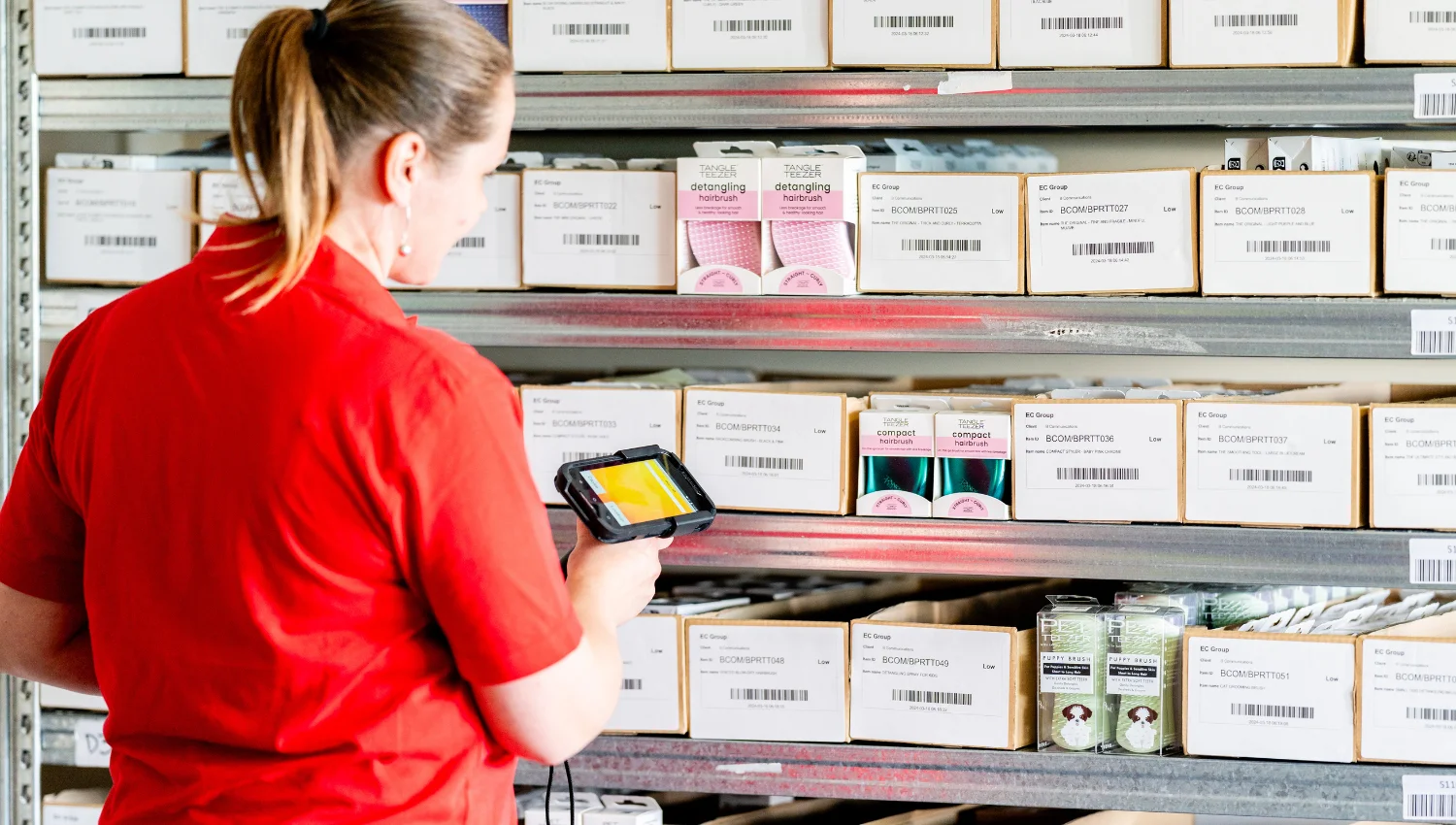
1. Scalability in the Face of Seasonal and Market Volatility
For enterprises handling hundreds of thousands of annual orders, scalability is essential. Outsourcing to a 3PL gives businesses immediate access to expansive warehousing and operational resources that can flex with demand.
Rather than investing heavily in fixed infrastructure and staff, enterprise companies can rely on partners like EC Group to provide variable-capacity fulfilment, ensuring efficiency during both peak and off-peak periods.
For insights into market volatility and supply chain flexibility, refer to updates from the PwC.
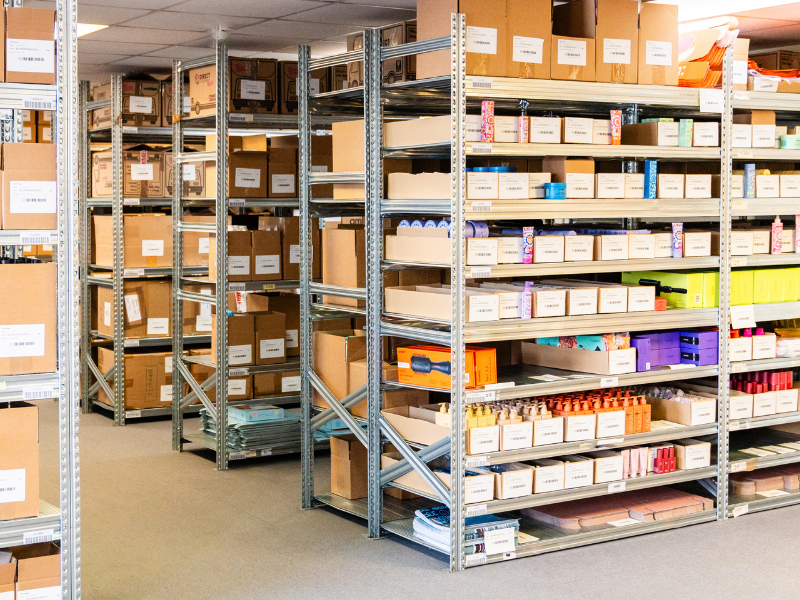
2 – Focus on Core Business Functions
Keeping logistics in house at large-scale businesses can run the risk of diverting time, talent, and capital away from key areas like product development, marketing, and customer experience. Outsourcing to a 3PL enables enterprise teams to concentrate on their individual focus, leaving fulfilment experts to manage the complexities of warehousing, picking, packing, and shipping.
3 – Access to Cutting-Edge Technology and Systems Integration
Third-party logistics providers invest heavily in technology that is not widely accessible for businesses on a grand scale; think of the financial and logistical effort it would take to construct your own purpose-built in-house warehouse management systems (WMS), real-time tracking, and analytics platforms. By outsourcing, enterprises gain access to this advanced infrastructure without the overhead of maintaining it internally, improving speed and accuracy, whilst avoiding the large associated cost.
To explore the role of technology in logistics optimisation, see this industry guide from Gartner.
4. Improved Inventory Accuracy and Demand Forecasting
Inventory management at scale requires precision. Leading 3PLs are able to provide clients with real-time visibility into stock levels, orders, and performance metrics, allowing enterprises to forecast demand more accurately and reduce carrying costs than would be associated with in-house work. Sophisticated data tools also help identify trends and inefficiencies, making continuous improvement part of the logistics strategy.
Learn more about best practices for inventory planning from CIPS – The Chartered Institute of Procurement & Supply.
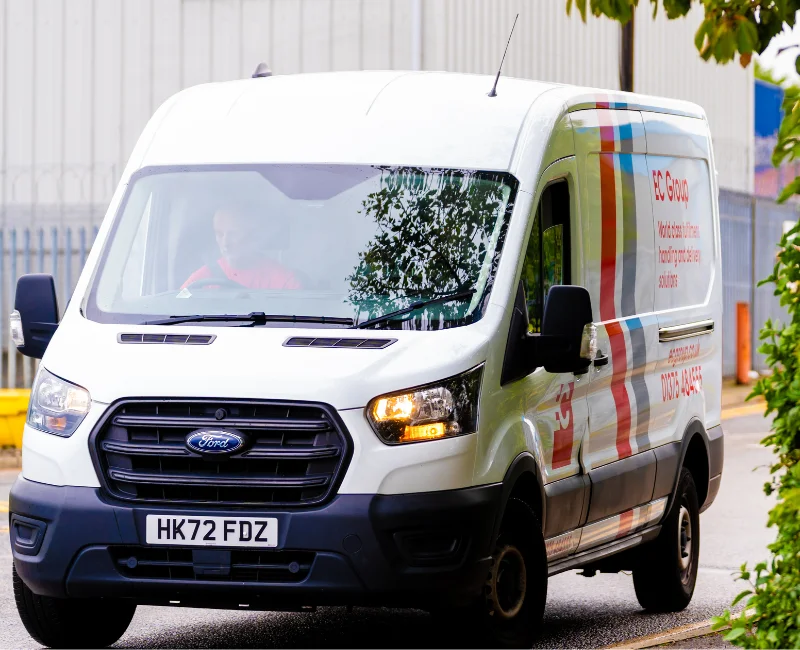
5 – Customisable, Value-Added Services
Modern 3PLs do much more than pick and pack. An increase in complex, hands-on, and difficult to manage services such as branded packaging, subscription fulfilment, product kitting, POS material distribution, and returns management have helped to add value and elevate the customer experience for the end-user, but at the cost of increased difficulty for businesses. For example, EC Group’s offering of tailored fulfilment solutions for enterprise clients across sectors like publishing, education, and retail ensure that every touchpoint reinforces brand identity.
6 – Global Reach with Local Expertise
Many enterprise businesses operate internationally, requiring multi-country distribution strategies. Partnering with a 3PL specialist allows larger brands to reach customers globally, whilst benefiting from local knowledge, faster shipping times, and reduced customs complexities. Outsourced logistics providers often have partnerships with local carriers, enabling faster last-mile delivery – critical for maintaining high customer satisfaction scores and retention rates.
For further reading, consult Logistics UK on trends in international distribution.
7 – Better Data, Better Decisions
Logistics is fraught with risk, primarily factors such as health and safety issues in warehousing, through to customs delays, and ever-changing import/export regulations. Partnering with an experienced 3PL shifts this burden and ensures regulatory compliance is consistently met.
Reputable 3PL providers invest in certifications, safety standards, and ongoing training to aid their clients with a peace of mind for enterprise clients navigating complex regulatory environments.

8. Sustainability and Ethical Operation
As ESG (Environmental, Social and Governance) concerns rise to the top of the corporate agenda, many enterprises are turning to 3PLs with green credentials. Key credentials for a sustainable practice – things such as eco-friendly packaging and carbon-neutral delivery options – are difficult to implement in-house, or on a small scale; this is precisely where logistics partners can help businesses meet their sustainability goals.
EC Group, for example, incorporates sustainability and ethical operations into their business model—including employee ownership, waste reduction, and energy-conscious facilities.
Explore sustainable logistics trends at Supply Chain Digital to see how the industry is evolving.

